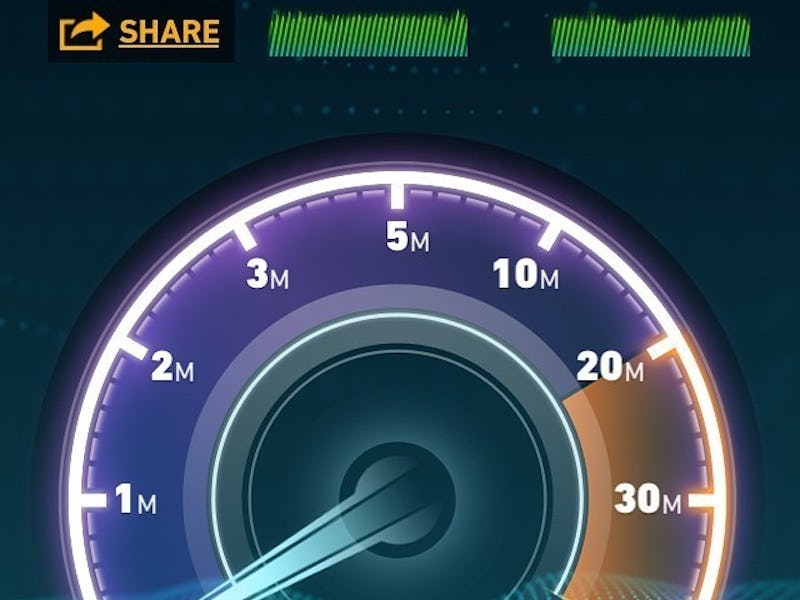Hornet Might Be the Deep Web Browser That Changes Everything
Could bring the darkness into the light…or just make it even darker.

The Deep Web is buried in plain sight. It’s the untraceable netherworld of the Internet where everything is anonymous because browsers, notably Tor and Sphinx, continuously encrypt users’ data. Part of what keeps the Deep Web deep, though, is its inaccessibility and inconvenience. Constant data encryption leads to slow browsing speeds. So, unless you’re doing something highly illegal, you’re better off on Chrome.
Now, a new team based in Zurich and London is creating a high-speed private browser named Hornet that could potentially move data at speeds up to 93 gigabits per second (GB/s). By way of comparison, the Sphinx browser can achieve speeds of just 0.05 GB/s, according to the researchers’ data. A peer review is in the offing, but it’s possible that accessing the black market just got faster, if not easier.
Still, there are compromises. To achieve its higher speeds, Hornet doesn’t encrypt data as often as Tor. What it does instead is use “source-selected paths and shared keys between endpoints and routers to support [anonymous communication].” (Translated: Not everything gets encrypted, just the personal stuff.)
Research has shown that people mostly use the Deep Web for illicit activities. A faster encrypted browser would likely not change that reality, but it might make more conventional crimes, like movie piracy, easier for non-engineers to perpetrate. It could even provide a window to a fuller Internet for those who are blocked by government censorship. Currently, it’s not worth exploring the more creative aspects enabled by encrypted browsing, but greater accessibility could facilitate growth in unique Deep Web content.